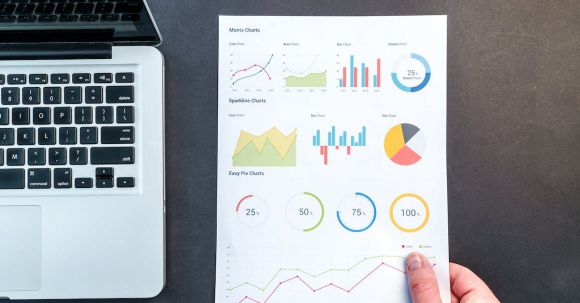In recent years, the healthcare industry has seen a significant transformation with the advent of big data. The ability to collect, analyze, and interpret vast amounts of data has paved the way for groundbreaking advancements in healthcare delivery and patient outcomes. From improving disease prevention and diagnosis to optimizing treatment plans and reducing costs, big data is revolutionizing the way healthcare is practiced. In this article, we will explore the various ways in which big data is transforming the healthcare industry.
Enhanced Disease Prevention and Diagnosis
One of the most significant ways in which big data is transforming healthcare is through enhanced disease prevention and diagnosis. With access to large volumes of patient data, healthcare providers can identify patterns, trends, and risk factors associated with various diseases. This allows for early detection and intervention, potentially saving lives and improving patient outcomes.
For example, by analyzing data from wearable devices and mobile health apps, healthcare providers can monitor vital signs, track physical activity, and detect anomalies in real-time. This enables early intervention in cases of heart disease, diabetes, and other chronic conditions. Additionally, big data analytics can identify patterns in genetic data, leading to more accurate and personalized diagnoses for patients with rare diseases.
Optimized Treatment Plans
Big data is also revolutionizing the way treatment plans are developed and implemented. By analyzing vast amounts of patient data, healthcare providers can identify the most effective treatments for specific conditions and patient populations. This leads to more personalized and targeted treatment plans, improving patient outcomes and reducing the risk of adverse reactions.
For instance, big data analytics can help identify which medications work best for specific genetic profiles, ensuring that patients receive the most effective treatment with minimal side effects. Furthermore, by analyzing treatment outcomes across a large patient population, healthcare providers can continuously refine and optimize treatment protocols, improving overall quality of care.
Cost Reduction and Operational Efficiency
In addition to improving patient outcomes, big data is also driving cost reduction and operational efficiency in the healthcare industry. By analyzing large datasets, healthcare providers can identify areas of inefficiency, streamline processes, and reduce waste. This not only improves the quality of care but also reduces costs for both patients and healthcare organizations.
For example, by analyzing patient data, healthcare providers can identify high-risk individuals who may require more intensive interventions or frequent follow-ups. This proactive approach to care management can help prevent costly hospital readmissions and emergency room visits. Additionally, big data analytics can optimize resource allocation, ensuring that healthcare organizations have the right staff, equipment, and supplies to meet patient demand efficiently.
Improved Public Health Surveillance
Big data is also transforming public health surveillance by enabling real-time monitoring and response to disease outbreaks. By analyzing data from various sources, including social media, electronic health records, and disease registries, public health agencies can quickly detect and track the spread of infectious diseases.
For instance, during the COVID-19 pandemic, big data analytics played a crucial role in monitoring the spread of the virus, identifying high-risk areas, and informing public health interventions. This real-time surveillance allows for timely and targeted interventions, helping to mitigate the impact of outbreaks and protect public health.
In conclusion, big data is transforming the healthcare industry in remarkable ways. From enhanced disease prevention and diagnosis to optimized treatment plans and cost reduction, the potential of big data in healthcare is immense. By harnessing the power of data analytics, healthcare providers can deliver more personalized, efficient, and effective care, ultimately improving patient outcomes and transforming the healthcare landscape.





